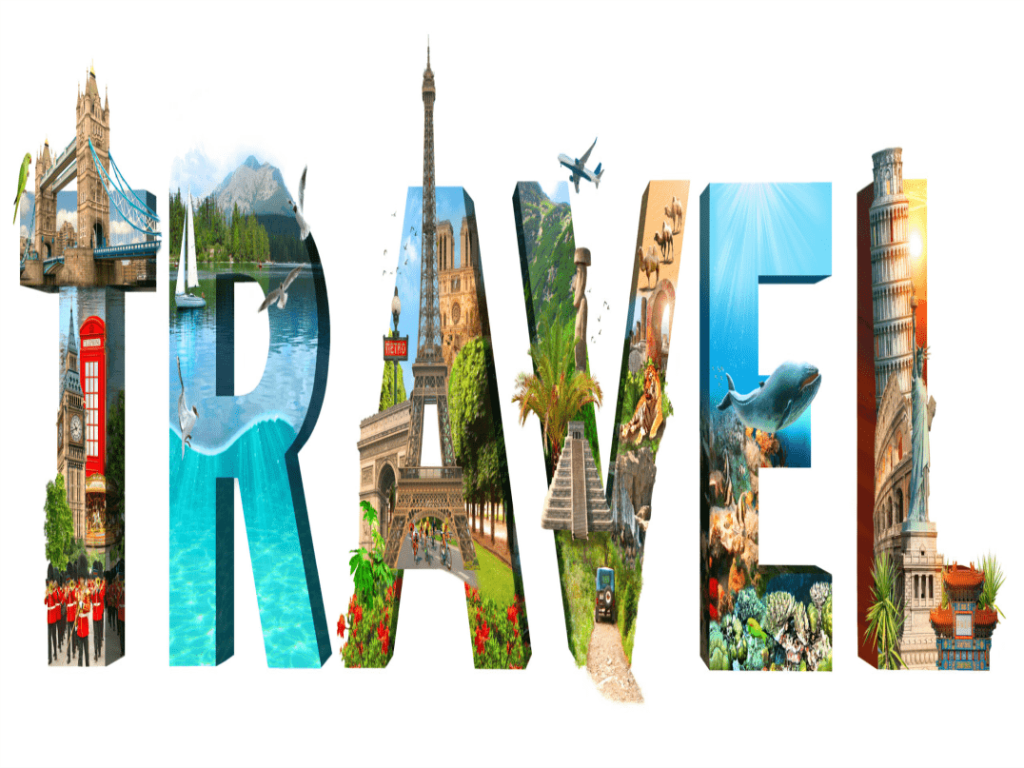Planning a trip to an Arabic-speaking country? A few basic arabic phrases for travel can make all the difference, transforming your journey from a simple visit into a rich, personal experience. Beyond just navigating daily life, speaking even a few words shows respect for the local culture and can open doors to incredible conversations and hospitality.
This guide is your key to unlocking the language of travel. It’s perfect for anyone looking to go beyond the basics, especially if you’re a arabic for travel bloggers seeking to connect with your audience on a deeper level.
Part 1: Arabic Phrases for Travel – Greetings and The Magic Words
Learning to say “hello” and “thank you” is the most important step for any traveler. These simple exchanges are universal and instantly create a positive connection.
Arabic Greetings
- Hello: مرحبًا (Marhaba) This is the simplest, most versatile arabic word for travel. You can use it in almost any situation.
- Peace be upon you: السلام عليكم (As-salamu alaykum) This is the traditional and most common greeting. It’s used formally and informally among all Arabic speakers. The proper response is وعليكم السلام (Wa alaykum as-salam), meaning “And upon you be peace.”
- Good morning / evening: صباح الخير (Sabah al-khayr) / مساء الخير (Masa’ al-khayr) These are direct translations and are widely used. The common response to Sabah al-khayr is Sabah an-nour, meaning “Morning of light.”
- Welcome: أهلاً وسهلاً (Ahlan wa sahlan) A very common and warm greeting you will hear often, especially when entering someone’s home or a shop.
The Magic Words
These phrases are your secret weapon for showing politeness and building rapport.
- Please: من فضلك (Min fadlik – to a female) / من فضلك (Min fadlak – to a male) Using the correct gendered form shows you’ve put in extra effort.
- Thank you: شكراً (Shukran) A single word that goes a long way. Use it often.
- You’re welcome: عفواً (Afwan) The polite and standard response to Shukran.
- Yes / No: نعم (Na’am) / لا (La) Knowing these two words can help you navigate countless situations.
- Excuse me / Sorry: عفواً (Afwan) / آسف (Aasif – male) / آسفة (Aasifa – female) Afwan is versatile and can be used to get someone’s attention or to say “you’re welcome.” Aasif is used for apologies.
Part 2: Getting Around & Daily Life
Once you’ve mastered the basics, these phrases will help you navigate a new city, order food, and find what you need.
Getting around
- Where is…? أين…؟ (Ayn…) This simple phrase is a lifesaver. Just add the place you’re looking for, for example, Ayn al-hammam? (Where is the bathroom?).
- I am lost: أنا ضائع (Ana daa’i’) A crucial phrase for emergencies.
- Go straight: اذهب مباشرة (Idhab mubashara)
- Right: يمين (Yamin)
- Left: يسار (Yasar)
- How much is this? بكم هذا؟ (Bikam hadha?) Essential for shopping in markets and souks.
- How much to get to…? بكم للوصول إلى…؟ (Bikam lil-wusul ila…?) Handy when negotiating a taxi fare.
- Stop here: قف هنا (Qif huna) Useful for instructing a taxi driver to stop.
At the Restaurant
- The menu, please: القائمة، من فضلك (Al-qa’ima, min fadlak)
- I would like… أريد… (Urid…)
- Delicious! لذيذ (Ladhidh)
- The bill, please: الفاتورة، من فضلك (Al-fatoura, min fadlak)
- Without… بدون… (Bidun…) For example, Bidun basal (without onion).
Part 3: Overcoming Miscommunications
Despite your best efforts, miscommunications are a normal part of traveling. Knowing how to handle them gracefully is just as important as knowing the right phrases.
- Do you speak English? هل تتكلم الإنجليزية؟ (Hal tatakallam al-inglisiya?)
- I don’t understand: لا أفهم (La afham)
- Could you speak slower, please? ممكن تتكلم ببطء، من فضلك؟ (Mumkin tatakallam bi-but’a, min fadlak?)
- I only speak a little Arabic: أنا أتكلم قليلاً من العربية (Ana atakallam qalilan min al-‘arabiya)
Part 4: Special Cultural Phrases
Certain arabic phrases for travel carry deep cultural meaning. Using them shows a high level of respect and appreciation.
- If God wills it: إن شاء الله (Insha’Allah) Used to express hope or a future intention. You will hear this everywhere.
- Praise be to God: الحمد لله (Alhamdulillah) Used to express gratitude, relief, or to answer the question, “How are you?”
- Let’s go / Come on: يلا (Yalla) A versatile and common word used to encourage action or express urgency.
- My love / dear: حبيبي (Habibi – male) / حبيبتي (Habibti – female) Arabs often use these terms of endearment to express warmth, affection, and hospitality, even to strangers. Don’t be surprised if you hear it often!
- Welcome to… أهلاً بك في… (Ahlan bik fi…) A warm and polite way to welcome someone to a place.
Conclusion
By learning these arabic phrases for travel, you are not just acquiring a new language; you are opening a new world of connection and cultural understanding. To continue your journey and master these phrases and more, consider using a dedicated learning tool like the Kaleela app.



